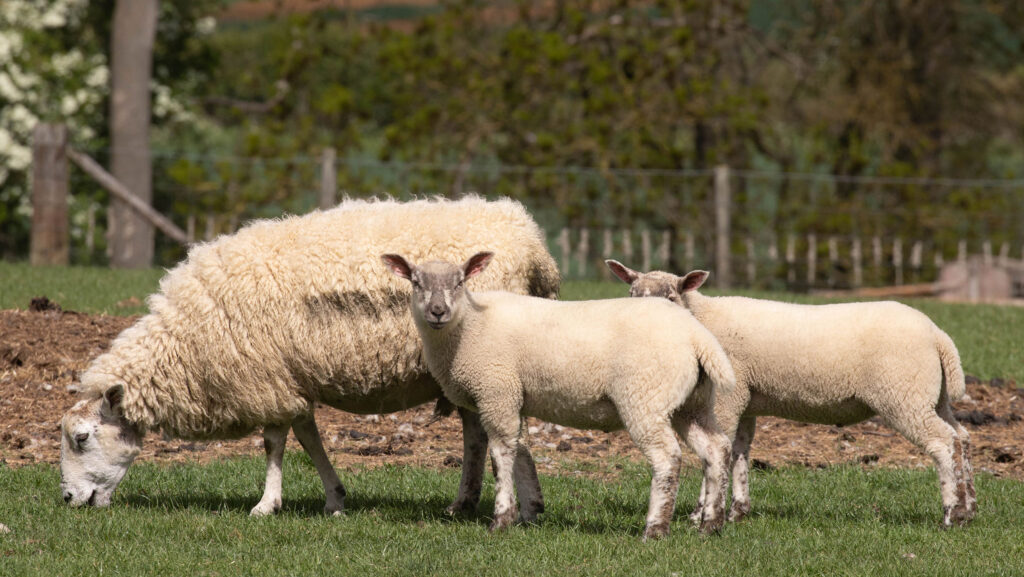Thousands of sheep culled as virus spreads rapidly in Europe
 © Tim Scrivener
© Tim Scrivener A virus with an exceptionally high mortality rate for sheep has spread quickly among small ruminants in several European countries.
The presence of Peste des Petits Ruminants (PPR) virus, also referred to as sheep and goat plague, has led to more than 200,000 animals being killed in Romania since it was first detected in mid-July.
This is the equivalent of almost 2% of Romania’s national sheep flock being lost in less than a month.
See also: UK livestock sector at high risk of bluetongue this year
In Greece, an excess of 14,000 sheep have been preventatively culled since the virus was first observed in the country on 11 July.
Livestock movements were banned by the Greek agriculture ministry in an attempt to control the spread, and large numbers of farms have been quarantined.
Greek rural development minister, Kostas Tsiaras, said the government had strictly followed European regulations for the treatment of the disease from the moment it was found.
He added it was not only a concern for livestock production, but for the Greek economy.
Border crossings
Bulgaria has implemented the mandatory disinfection of vehicles at all border crossings from 5 August onwards due to the outbreaks.
It will only allow animals in once they have been tested and found not to have the disease.
The EU Commission implemented controls on movements from restricted zones from 30 July onwards, and EU representatives are due to meet to discuss financial support for affected farm businesses.
The virus can have a mortality rate of up to 70% and the Food and Agriculture Organisation (FAO) of the United Nations aims to eradicate it completely by 2030.
UK risk
The UK has not reported any cases following the outbreak in Europe.
Defra’s latest assessment described the risk of introduction to the UK as “negligible”.
A Defra spokesperson said: “Following an outbreak of Peste des Petits Ruminants – sometimes known as ‘goat plague’ – in Europe that was first confirmed in Greece in July this year, Great Britain has temporarily suspended the import of affected sheep and goat commodities from Greece and Romania.
“The developing situation is being closely monitored.”
NFU chief animal health and welfare adviser and chair of Ruma (Responsible Use of Medicines in Agriculture Alliance), Cat McLaughlin, said cattle and pigs can also be infected, but they don’t develop clinical signs like sheep, and there is no evidence they transmit the disease.
“The virus is mainly spread through close contact between infected animals. Contaminated materials and surfaces, such as bedding, feed, pasture and water troughs, can also be sources of infection,” said Ms McLaughlin.
She added that strict biosecurity and responsible sourcing of imported animals and animal products is important, and advised livestock keepers to remain vigilant and report any suspicions of the disease.
